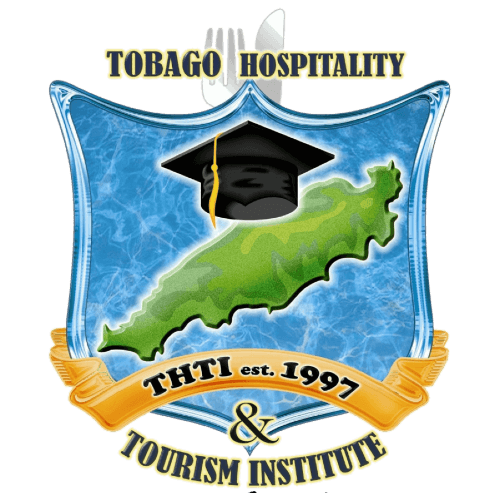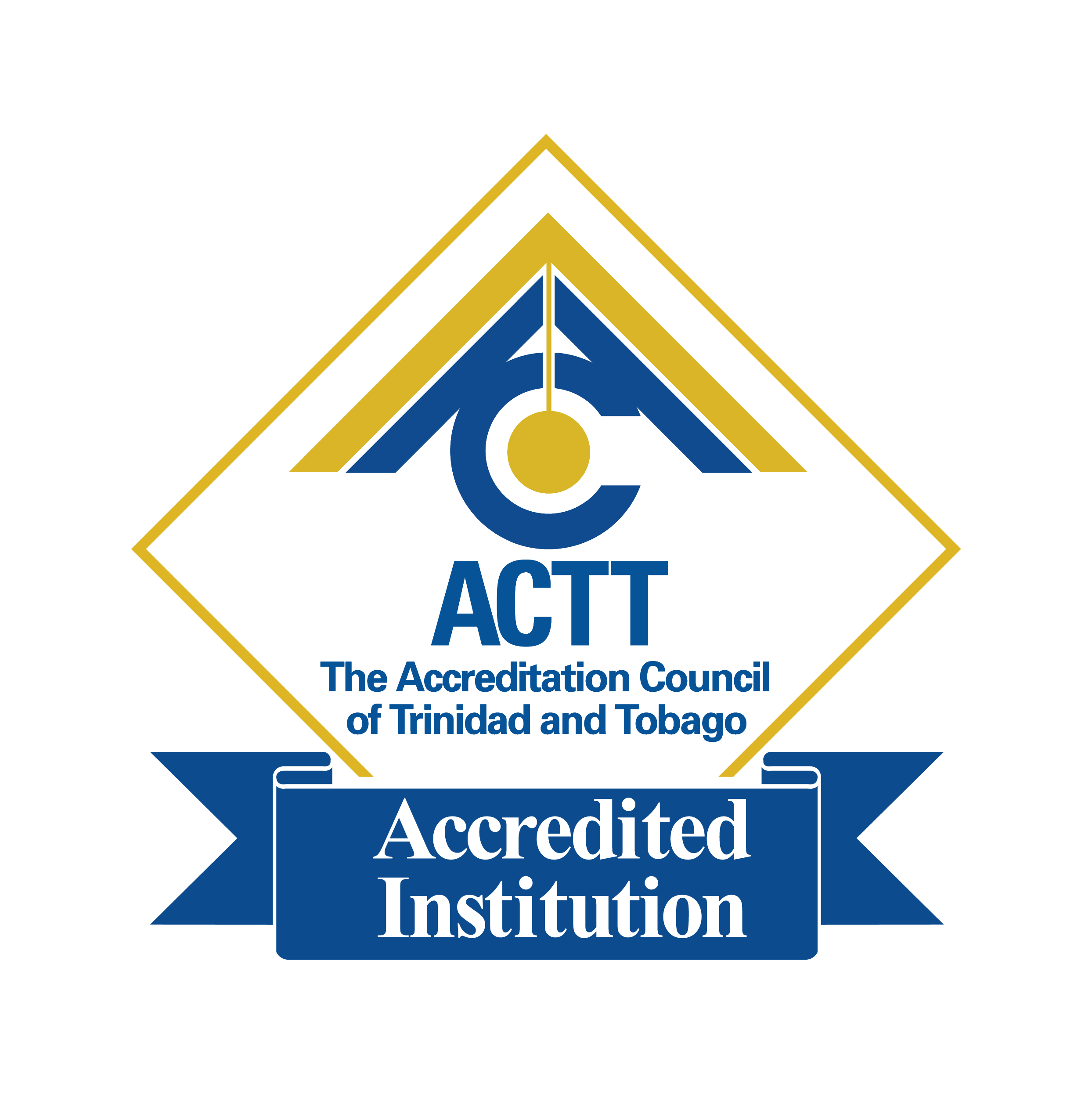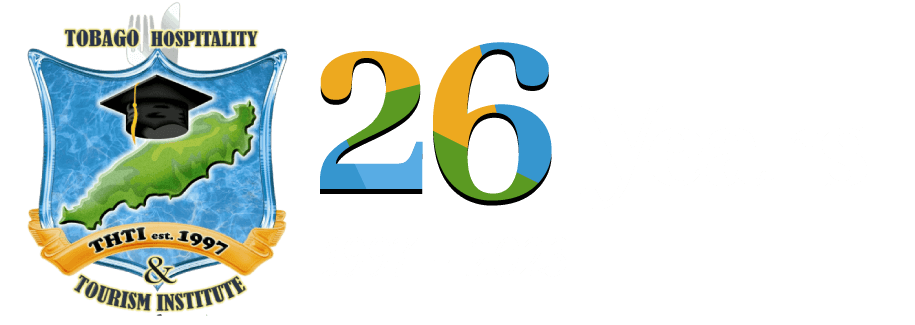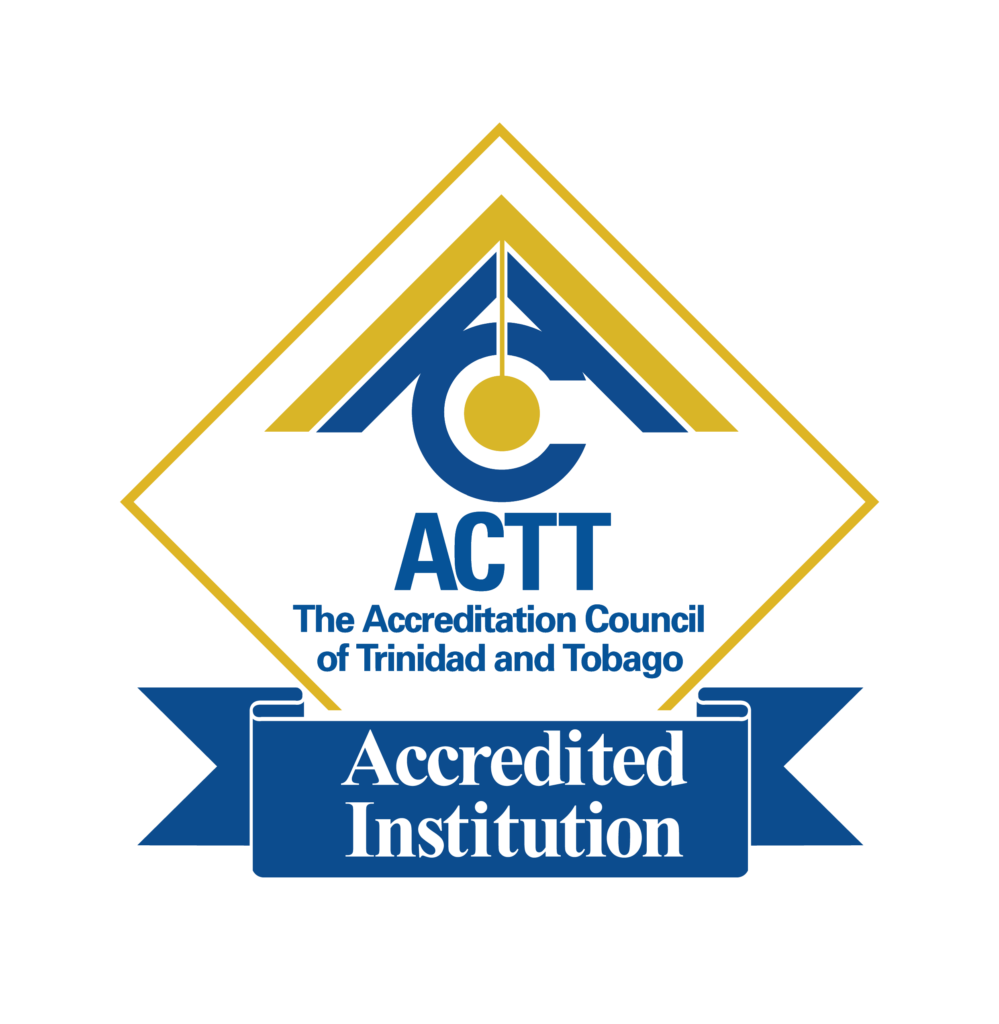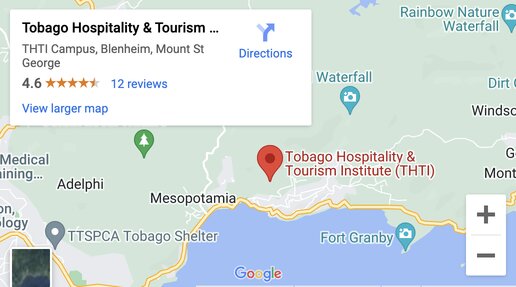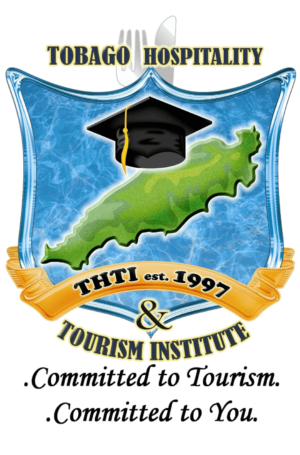Hotel Operations Management: Front Office, Housekeeping and Food & Beverage
- Share this post
Hotel operations management is the backbone of a successful hospitality business, encompassing a range of activities essential for ensuring guest satisfaction and operational efficiency. Among these activities, the front office, housekeeping, and food and beverage (F&B) departments play pivotal roles.
- Front Office: The Heartbeat of Guest Interaction
The front office serves as the primary point of contact between the hotel and its guests. This department is responsible for reservations, check-in and check-out processes, handling guest inquiries, and managing room assignments. Front office staff need to exhibit impeccable customer service skills, as their interactions set the tone for the guest’s entire stay.
Key Functions:
- Reservations Management
- Check-In/Check-Out
- Customer Service
- Billing and Payments
Front office managers must train their teams in hospitality etiquette, problem-solving, and the use of property management systems (PMS). Leveraging technology, such as mobile check-in options and chatbots for customer service, can further improve operational efficiency and guest experience.
2. Housekeeping: The Pillar of Cleanliness and Comfort
Housekeeping is critical in maintaining the hotel’s cleanliness and ensuring guest comfort. This department’s work directly impacts guest satisfaction, as a clean and well-maintained environment is fundamental to a positive experience.
Key Functions:
- Room Cleaning and Maintenance
- Laundry Services
- Inventory Management
- Safety and Sanitation.
Effective housekeeping management involves scheduling to ensure timely room turnovers, conducting regular training on cleaning standards, and employing environmentally friendly practices. Additionally, using technology such as housekeeping management software can optimize workflow and track task completion.
3. Food & Beverage: Crafting Culinary Experiences
The F&B department is responsible for delivering exceptional dining experiences, from casual meals to fine dining. This department includes kitchen staff, restaurant servers, and bar personnel, all working together to provide high-quality food and service.
Key Functions:
- Menu Planning and Food Preparation
- Service Delivery
- Inventory and Cost Control
- Event Management
Successful F&B management requires a balance of creativity, cost control, and stringent adherence to health regulations. Embracing trends such as farm-to-table dining, sustainable sourcing, and dietary accommodations can attract a broader customer base and enhance the hotel’s reputation.
Each plays a crucial role in delivering a seamless and memorable guest experience. By focusing on efficient management practices, leveraging technology, and prioritizing customer service, hotel managers can ensure their operations run smoothly and guests leave with lasting positive impressions.
Are you an aspiring hospitality professional interested in learning more and refining your hotel management skills? Or simply an eager student aiming to foster your learning about sustainable practices in food and beverage? Sign up for our Associate Degree programme in Food and Beverage or for professional development enrol in one of our upcoming short courses.
References
- Baker, S., Huyton, J., & Bradley, P. (2000). Principles of Hotel Front Office Operations. Cengage Learning.
- Jones, T. (2008). Professional Management of Housekeeping Operations. Wiley.
- Ninemeier, J. D., & Hayes, D. K. (2008). Restaurant Operations Management: Principles and Practices. Pearson.
- Share this post
Upcoming Events:
Related Posts:
More You Might Like
Upcoming Short Courses:
- Lecturer: Riyadh Mohammed
- Online Classes
- 6 hours
- Short Courses
- Lecturer: Chef Sonia Phillip
- Online Classes, Face to Face
- 45 hours
- Short Courses
- Lecturer: Lisa Jessamy
- Online Classes
- 6 hours
- Short Courses
- Lecturer: Vernella Jack-Joseph
- Online Classes, Face to Face
- 30hours
- Short Courses
- Lecturer: Raakesh Madoo
- Online Classes
- 30 hours
- Short Courses
Upcoming Courses:
- Lecturer: Chef Kwesi Selvon
- Online Classes, Face to Face
- 36 hours
- Short Courses
- Lecturer: Chef Vergiss Lovelace
- Face to Face
- 6 hours
- Short Courses
- Lecturer: William Trim
- Face to Face
- 48 hours
- Short Courses
- Lecturer: Chef Kwesi Selvon
- Face to Face
- 36 hours
- Short Courses
- Lecturer: Chef Sonia Phillip
- Face to Face
- 48 hours
- Short Courses

